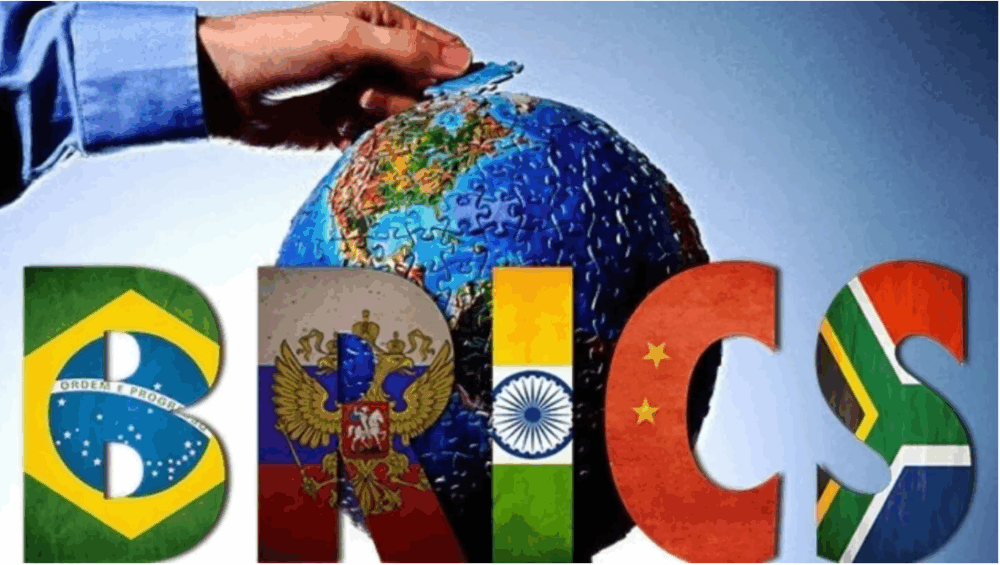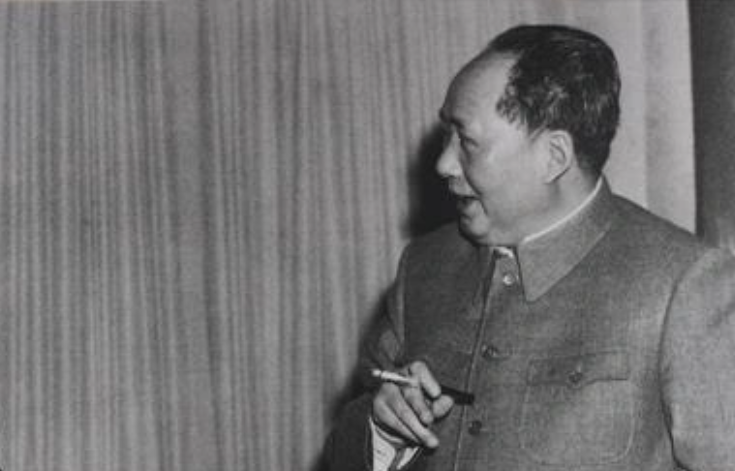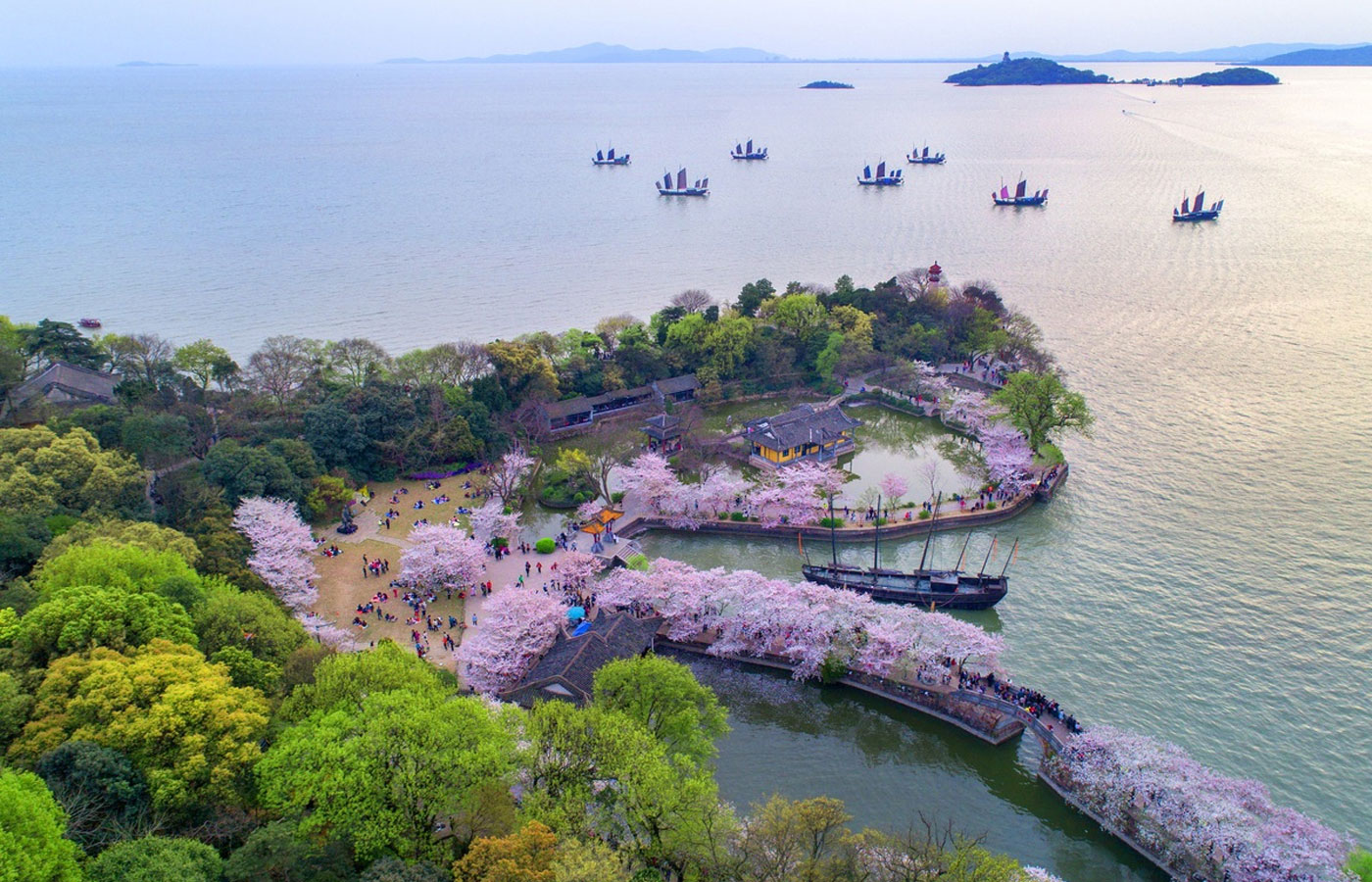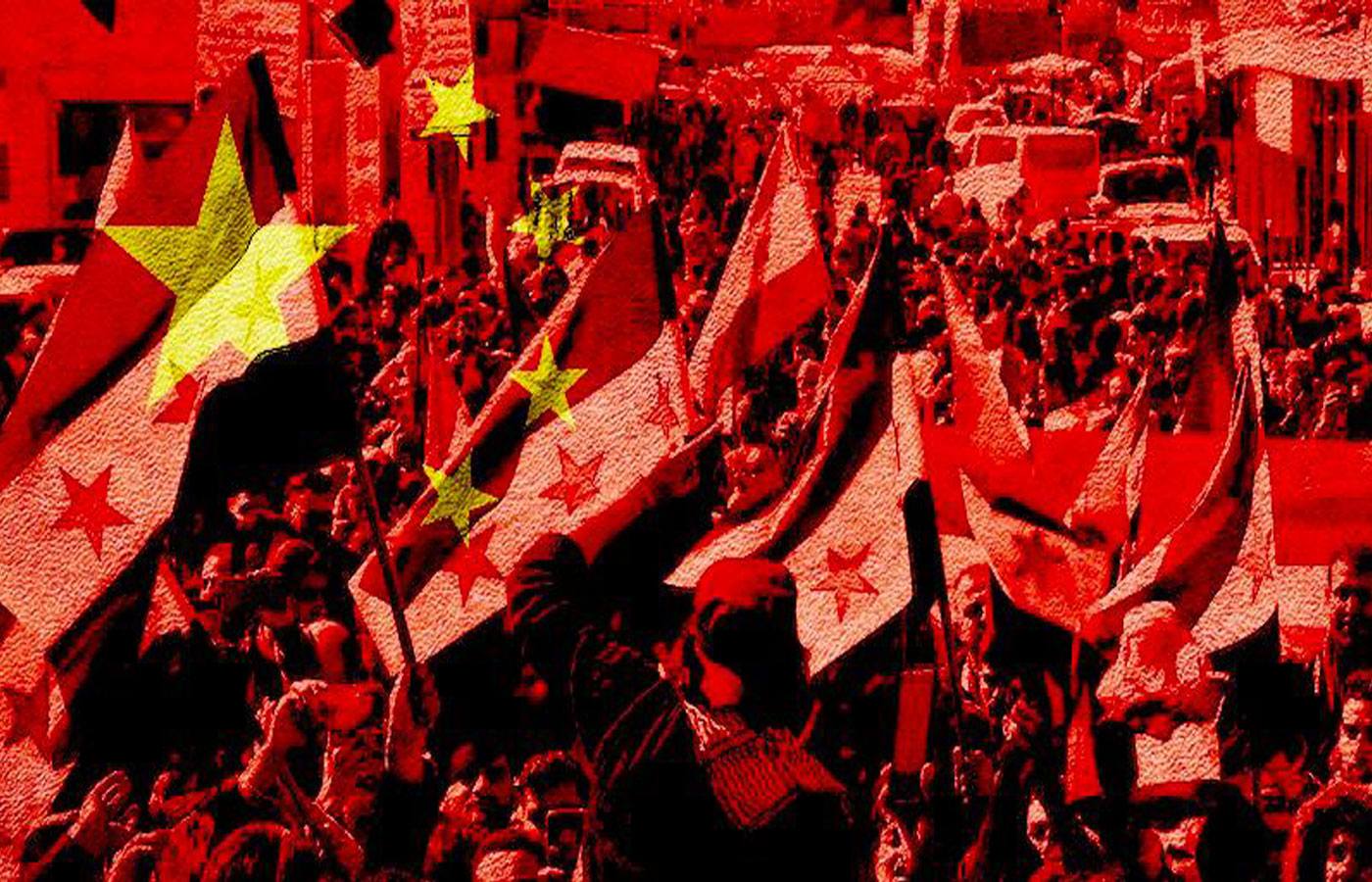Like the poet whose gloomy mood is irritated by the sight of “the great blue holes wickedly made by the birds” in the grey azure, Washington no longer contains its irritation at the emergence of a new world, whose structures are beyond its control.
In this context, the Atlanticist oligarchy, the scum of a failing Empire, has decided to use its power to cause harm without restraint – through bloody wars, economic and commercial intimidation, and political and media terrorism of unprecedented violence.
Diplomacy, law, ethics… Washington breaks the barriers
The configuration of the global landscape and its balance of power is such that no one can force the United States to respect international law. Consequently, China—like the rest of the world—faces the colossal challenge of dealing with an imperialist power that refuses to comply with the slightest ethical and diplomatic rule, and that has unilaterally freed itself from all legal and judicial constraints emanating from international organizations, including those of the UN.
Defying a Palestine that has become the universal symbol of the anti-colonialist struggle, Donald Trump’s call to separate the Gazans from their land has exposed the American Empire in its cold monstrosity. We know that Trump did not create the imperialist monster; he merely stripped it of the tinsel of “Western values,” revealing its genetic truth. However, harmonizing the face of this Empire with its actions has had the effect of increasing its monstrosity tenfold. The ignominy of pretensions and the infamy of action are the new two-headed monster, the incarnation of the macabre cynicism of an Empire tottering at the age of puberty.
This call to cleanse a territory of its population, accompanied by other outrages, such as plans to annex foreign territories—which some European diplomats openly admit are directed against Beijing—naturally increases international tensions, since it advocates the normalization of the law of the jungle. International law, territorial integrity, diplomatic codes, ethical principles: all of these are now null and void. Instead, Trump is challenging China and Russia: if you persist with your “multipolar world” plan, I will act as I see fit in what I consider to be my poles of influence, namely: Mexico, Canada, Panama, and Greenland—without, of course, renouncing the Middle East and the Indo-Pacific region, where Washington has several suicide bombers, foremost among them the colonialist state of Israel, the government of the Philippines, and the Taiwanese oligarchy.
According to this logic, Washington can resort to all means of violence (since force becomes the sole source of law) in order to re-establish an eroded hegemony and to prevent its geopolitical adversaries from acquiring defense capabilities, both economic and military, capable of compromising its imperialist aims. Another underlying objective is that of feeding the American military-industrial complex, the gold mine of the Atlantic bloc, by triggering endless wars.
In a recent interview, in which he advocated for a radical decoupling of Washington from Beijing, former Trump trade advisor Robert Lighthizer outlined his vision of international coexistence and peace: “To prevent wars, you need to have the strongest, largest, and most capable army, the strongest, most capable navy, the best economy, and the best technology in the world. If you have that, the Allies come to you; they see you as the future.”
This portrayal of “peace” takes us far beyond deterrence: imperialist megalomania is indeed based on aggressive power. Contrary to what this advisor claims, the political legitimization of the law of the jungle increases the risk of war rather than preventing it. If international law is completely ineffective, then both states and populations will have no choice but to resort to arms to defend their vital interests.
Shortly before his assassination by the Atlantic bloc’s hitman in the Middle East, Hassan Nasrallah had clarified this problem quite simply: “What happened in Gaza has shown that the international community and international law cannot protect populations. They cannot protect anyone. It is your strength and your missiles that protect you.” Of course, this is not about using force to make the weakest bleed – a favorite pastime of the Atlantic bloc and Israel – but only to protect oneself from the iniquitous force of colonialism and imperialism.
Do states only have “interests”?
Like the European colonial empires from which it descended, American supremacism has elevated subjugation to predestination—which amounts to denying the possibility of overcoming the condition inherited at birth. The weakest have no way of escaping the law of the strongest, as Anthony Blinken so aptly put it: “If you’re not at the table in the international system, you’ll be on the menu.” As a result, the United States’ sole concern is to cultivate a coercive force to continue imposing its will on the rest of the world.
From this emerges the idea that Washington cannot be bothered with sentimentality related to moral issues. “States only have interests” is a common refrain, suggesting that the torrent of horrors unleashed upon the world by the American Empire and its cronies constitutes an infallible principle of international relations. The former French director of intelligence at the DGSE, Alain Juillet, even considered that one could not “blame the Americans for wanting to remain number one” – but at what cost?
Are hundreds of thousands of people dying from Congo to Sudan, via Ethiopia and Somalia? States have only interests! Are Palestinians suffering genocidal ethnic cleansing and unbelievable humiliations in the torture centers of the Israeli occupation army? States have only interests! Is Yemen the target of war crimes because it is trying to prevent the final solution for the Palestinians? States have only interests! Are we mobilizing from North America to the Horn of Africa to enslave Haiti, a country with a million wounds? States have only interests! Are we denying Cuba, Venezuela, and Iran the right to development, to security, to life? States have only interests!
But who decided that this predatory concept of international relations was the law to be followed by default? Who is trying to convince us that we are all potential criminals, and that bloodthirsty rapacity should govern our condition? Who wants us to believe that this deadly leitmotif – States only have interests! – stems from an inevitability linked to our essence, rather than an ideology that reduces man to his most sordid instincts?
Of course, everyone knows that history is tainted with dark episodes, where man has been sacrificed for the sake of immoral ambitions. But we also cannot ignore that history is punctuated by counter-examples, where ethical principles have overcome the cynicism of a few – without which, we would never have witnessed the abolition of slavery, the abolition of South African apartheid, nor all those anti-colonial struggles that ended in declarations of independence, however imperfect. Besides, if we were all fundamentally driven by base interests, why would the media, acting under the aegis of the Empire, be so fervent in dressing hell in glitter, making the most ignoble actions appear to be the most just causes?
Our revolutionary era must be an opportunity to redefine the notion of state interests. While it is true that politics has sometimes dispensed with morality, this in no way means that the vital interests of states are devoid of ethical principles.
Our era must also be an opportunity for a rebalancing of military forces—either through denuclearization or nuclear proliferation: for how can countries like Iran, Iraq, Saudi Arabia, or Turkey hope to defend their vital interests with colonialist forces, armed to the teeth, camped on their doorstep, or even directly in their backyard? The same question arises for many African countries, including Algeria, Libya, Egypt, Sudan, and the Congo, as well as for Latin American countries such as Brazil, Peru, Bolivia, Argentina, and Venezuela.
Of course, this question also applies to China, as General Zhou Bo rightly noted at the Munich Security Conference: “90% of the world nuclear capabilities belong to Russia and the US. Why would NATO not send any soldiers to fight against the Russians? I think Russia’s nuclear deterrence has really played a critical role… why is that the United States seems to be less afraid of China? Is it because China has just a nuclear arsenal that is less than one tenth of that of the United States? If that is the case, what we need is a political decision. The only question for us is to increase the number or not.”
All of this is simultaneously contained in the names Palestine and Multipolar World: a spectrum ranging from hope to dread—and vice versa.









